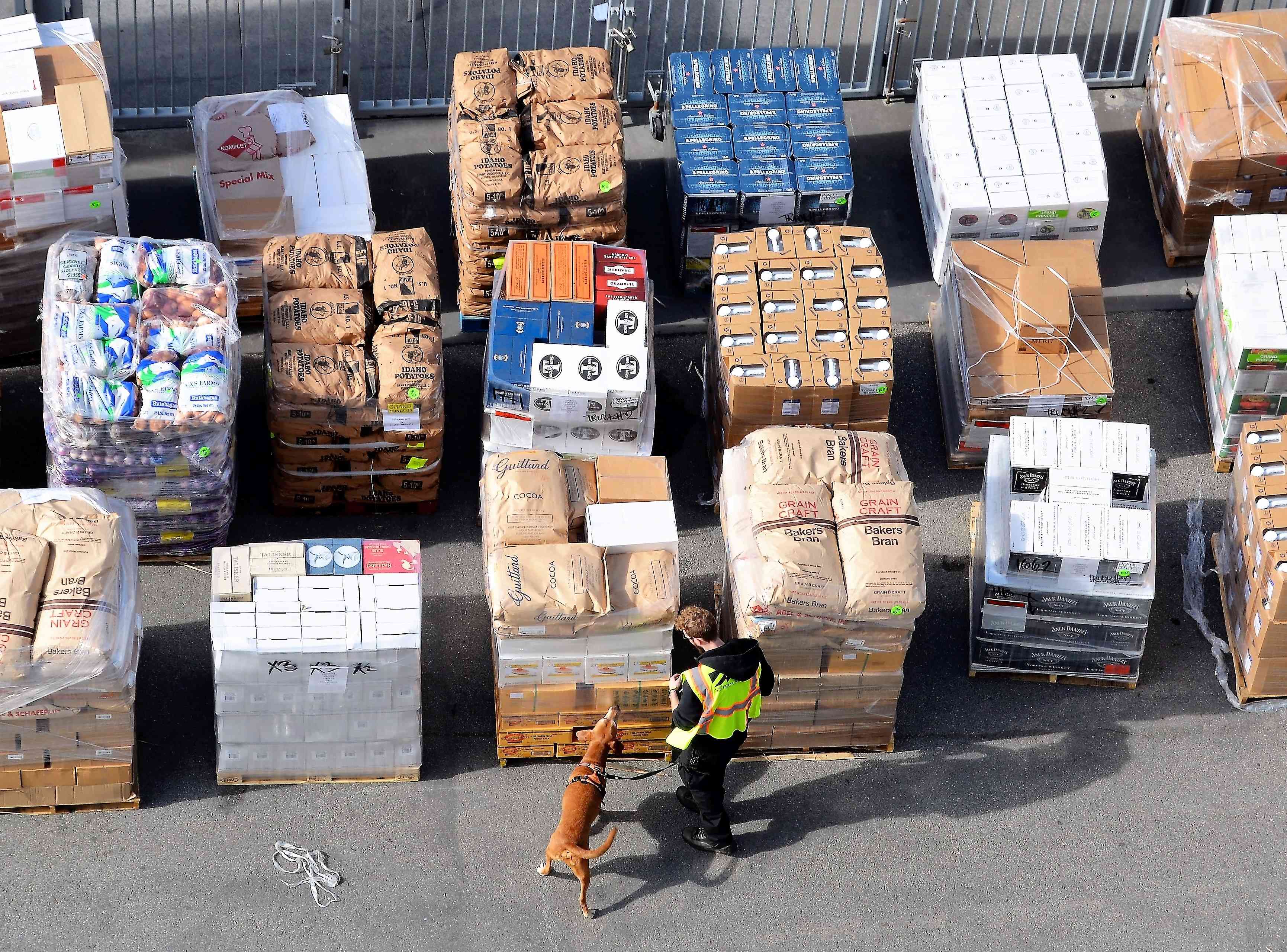Competition Law Developments
Anti-trust exemptions for liner shipping companies through Vessel Sharing Agreements (VSAs) bring economic benefits to both shippers and consumers
Full compliance with competition law is of utmost importance given that even the smallest violations by shipping companies can result in penalties of up to 10% of company turnover, potentially amounting to hundreds of millions of dollars.
But the maintenance of a sensible and unambiguous regulatory framework that takes full account of shipping companies’ legitimate need to co-operate is also vital. Shipping is a global industry requiring global rules or, in the case of anti-trust regimes, laws that are aligned globally and at both ends of the trade route. Otherwise there is confusion and inefficiency.
Anti-trust exemptions continually under review
ICS remains committed to the defence, throughout the world, of appropriate anti-trust exemptions for liner shipping agreements, including Vessel Sharing Agreements (VSAs). Such agreements bring economic benefits to all stakeholders, enabling shipping companies to satisfy shippers’ (and consumers’) demands in terms of frequency, reliability, efficiency, quality and price.
At the moment, despite the large number of detailed reviews undertaken by national competition authorities in recent years, legal certainty for VSAs continues to apply in most jurisdictions including Hong Kong (China), India, Japan, Malaysia, Singapore, South Korea, Australia and New Zealand, as well as Canada, the United States and EU Member States.
In co-operation with the World Shipping Council, the Asian Shipowners’ Association (ASA) and local national associations, ICS continues to provide input to the various national competition policy reviews taking place in the Asia Pacific. This involves supporting local efforts to ensure that necessary exemptions for shipping are codified in national competition laws as these become increasingly mature throughout the region, consistent with the guidelines on maritime competition regulation adopted by the Asia Pacific Economic Co-operation forum (APEC) in 2012.
Encouragingly, in July 2018, India granted a three year exemption to VSAs, and it is hoped that Malaysia will renew its current exemption which expires in July 2019. It is also hoped that recent decisions by Hong Kong (China) and New Zealand to agree VSA exemptions will encourage Australia to retain the status quo when it considers longstanding recommendations to make changes to Part X of its Competition and Consumer Act, probably in the second half of 2019.

EU extends key consortia block exemption for another four years
In 2019, the main focus was on the European Commission review of the EU consortia block exemption regulation (BER) and whether to extend this for an additional five years beyond its expiry date of April 2020. Finally, the EC Commission opted to prolong the agreement for another four years until 25 April 2024. The regulation outlines the conditions under which liner shipping consortia can provide joint services without infringing EU antitrust rules.
As well as having an impact on EU trades, the outcome of the EU review is likely to be influential elsewhere, especially as many Asian economies have legal regimes that treat liner shipping consortia in the same co-operation friendly manner.
In December 2018, in conjunction with ASA and ECSA, ICS co-sponsored a WSC-led submission to the public consultation being held by the European Commission’s Directorate-General for Competition (DG COMP). The industry reiterated that vessel sharing arrangements, such as slot sharing, are a fundamental part of the structure of the global liner shipping transportation network and that, since 1995, the EU’s consortia BER has provided transparent and practical legal guidance on vessel sharing arrangements for international liner shipping services operating to and from EU ports.
Despite recent mergers in the container shipping industry, the sector remains unconcentrated and highly competitive, with freight rates at half of their levels of 20 years ago, despite significantly higher bunker fuel prices. Moreover, the purely operational agreements covered by the BER foster competition by lowering barriers to entry and enabling individual carriers to compete on more routes.
Practical and efficient: the BER has been in place for nearly 25 years
The BER has worked very well for almost 25 years. It sets out clear rules that can be practically applied without the need for extensive legal analysis. This means that carriers can focus on seeking the most efficient transportation solutions without the cost and delay associated with legal self-assessment for these routine operational arrangements.
A factor that was new to this latest BER review is that IMO has now set concrete goals for greenhouse gas emission reductions for the international shipping industry, and that vessel sharing is a key tool for containerships to reduce their fuel consumption and thus their CO2 emissions, as well as costs for shippers. In addition to supporting operational efficiency and broader service offerings, the BER helps carriers reduce air emissions and greenhouse gases through higher utilisation of vessel space. It is particularly important that DG COMP takes careful account of the relationship between the BER and the ambitious greenhouse gas reduction targets established by IMO, in 2018, which are strongly supported by EU Member States.

Related content

LEG 111-4(a)-2 – (a) Provision of financial security in case of abandonment of seafarers, and shipowners’ responsibilities in respect of contractual claims for personal injury to, or death of, seafarers, in light of the progress of amendments to the ILO Maritime Labour Convention, 2006 Comments on document LEG 111/4(a)

Shipping takes action on drug smuggling

The Master’s Practical Guide to Maritime Law, First Edition
